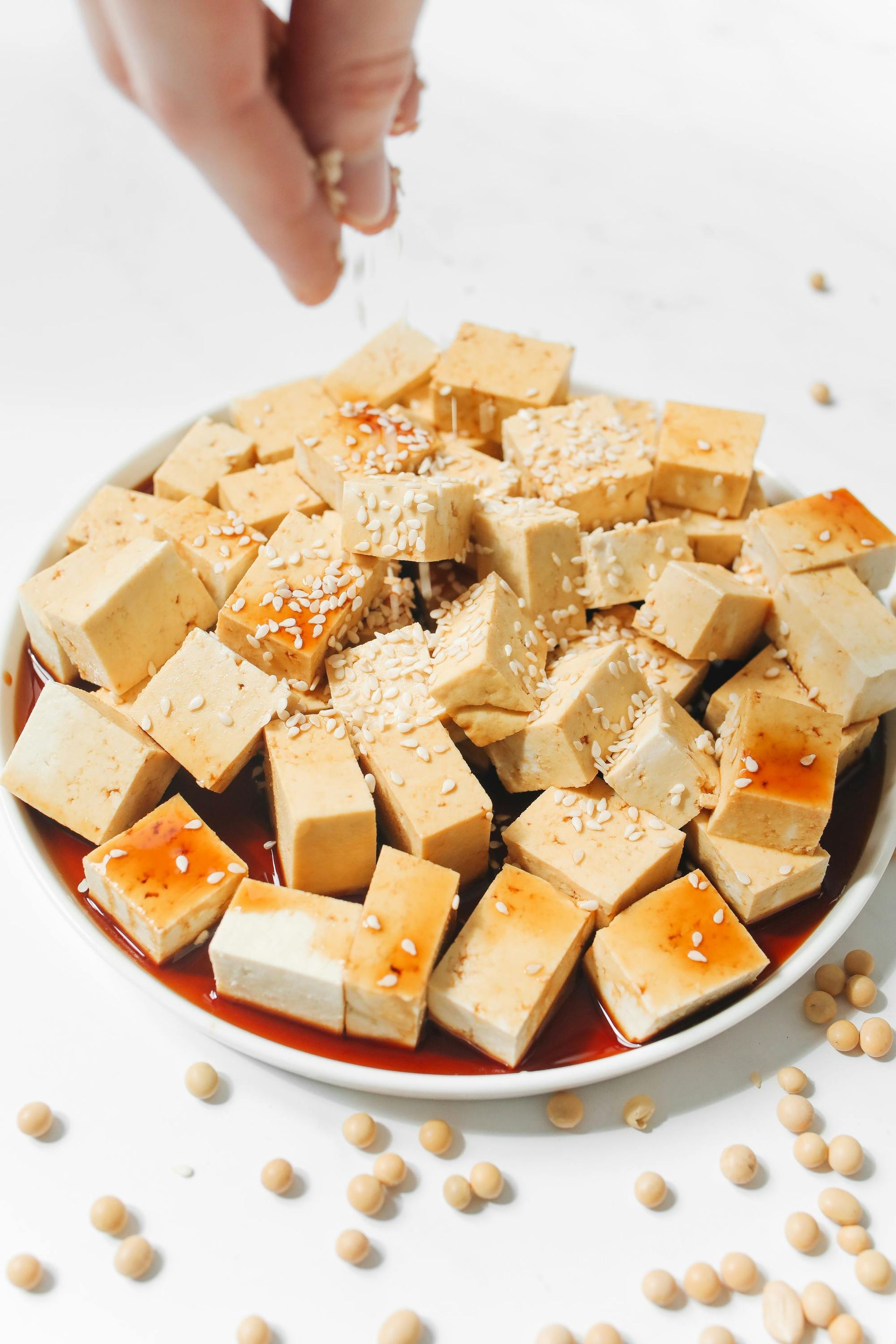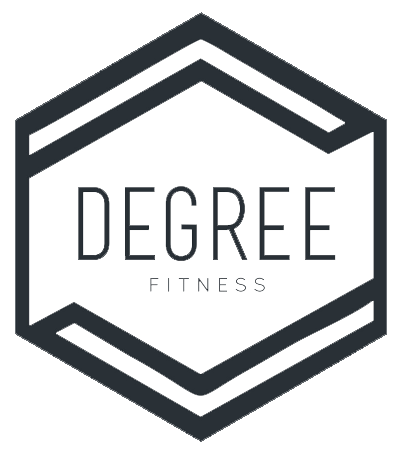As a volunteer firefighter, there have been several days after we have had a bad or frustrating call…
October 25, 2019
Written By: James Wilbee
My CrossFit journey began December, 2015 and it has been a whirlwind of ups and downs, huge accomplishments and frustrating days, and a new career that I never would have imagined. Through it all, one thing has always remained, I can not wait until the next workout to challenge myself in a new and exciting way.
Growing up, I have always had the good fortune to be able to be active and participate in a variety of sports. Like most, it reinforced many values taught to me by my parents, those of hard work, dedication, commitment, compassion for others and teamwork. Life lessons that are so important to make us a valuable teammate but even more important to make us a valuable member of society.I had been hearing some talk about this thing called CrossFit, but really didn’t have much knowledge about what it was or what I was getting myself into. So, after a discussion with a friend that suggested I should “give it a try”, that “I would really enjoy it,” I went to a trial class offered by Kaleda.
I was hooked, and at the end of the class, signed up to become a member!
There was a huge learning curve for the first few months but it was so great coming in everyday and learning a new skill, or getting a little more efficient with ones that I had already been taught. One amazing thing that I learned was that even though CrossFit is an “individual” sport, and you are doing each workout as an individual, you are not alone! The CrossFit community in general and especially at our box at Degree, ensures that you are never alone, everyone cheers you on, everyone lifts you up when you need it and also gives you a kick in the pants if required (but in a loving,compassionate way). Just like a Team, or even more appropriately, just like a Family. Another thing I learned is that CrossFit is a very humbling sport. What I mean by that is, no matter how in shape you think you are, no matter how strong you are, CrossFit will always find a way to challenge you! That being said, CrossFit will always have a way to prove to yourself that you are strong, that you can meet and surpass your goals and that no matter where you start, you can accomplish big things. For me, I have always been fortunate to have good aerobic capacity but I have done very little with weight and strength training. So starting CrossFit opened my eyes to a new level of training that I had never done before. When I look back on my early days and my scores and compare them to the weights that I am able to lift now, it makes me proud to see how far I have come. However, there are still many many days that I leave the gym frustrated with myself that I didn’t lift a heavier weight, or didn’t do as many reps as I wanted to. That is what fuels my drive to keep coming back and trying it again. One more lesson that I learned, and maybe the most important one for me, is the ability for CrossFit to be a stress relief. As a volunteer firefighter, there have been several days after we have had a bad or frustrating call, I will come to the gym and perform the workout and the stress I was feeling will fade away. I don’t know if it is the fact that you are putting your body under stress in a different way, or if it is the fact that you can just shut your mind off from the rest of the world for an hour or if it is the sense of security and “family” you get from all the members and coaches. Maybe it is a combination of all of these, but whatever it is, it allows that stress to dissipate and makes the rest of the day much easier to deal with. My “why” for doing CrossFit remains the same, to get into better shape, try new things and test myself each and every day. What I have gained beyond that has been amazing, and such a wonderful bonus, that being strength. Strength in the traditional way, through lifting heavy weights and performing many reps. Mental strength, gained from pushing yourself to finish a long, tough workout and the ability to block out the world on a bad day and just be in the moment for an hour. And finally the Strength of the community/family. Through the good, the bad, or the ugly, that is what has been created (very deliberately) at Degree.
We are a family, a community, we all have our own unique qualities but we come together to bond, struggle, succeed, and push each other to new and unimaginable heights.
For me, that is pretty incredible and something that I am very proud to be a part of, both as a member and as a coach.
Your Coach,
James
I was hooked, and at the end of the class, signed up to become a member!
There was a huge learning curve for the first few months but it was so great coming in everyday and learning a new skill, or getting a little more efficient with ones that I had already been taught. One amazing thing that I learned was that even though CrossFit is an “individual” sport, and you are doing each workout as an individual, you are not alone! The CrossFit community in general and especially at our box at Degree, ensures that you are never alone, everyone cheers you on, everyone lifts you up when you need it and also gives you a kick in the pants if required (but in a loving,compassionate way). Just like a Team, or even more appropriately, just like a Family. Another thing I learned is that CrossFit is a very humbling sport. What I mean by that is, no matter how in shape you think you are, no matter how strong you are, CrossFit will always find a way to challenge you! That being said, CrossFit will always have a way to prove to yourself that you are strong, that you can meet and surpass your goals and that no matter where you start, you can accomplish big things. For me, I have always been fortunate to have good aerobic capacity but I have done very little with weight and strength training. So starting CrossFit opened my eyes to a new level of training that I had never done before. When I look back on my early days and my scores and compare them to the weights that I am able to lift now, it makes me proud to see how far I have come. However, there are still many many days that I leave the gym frustrated with myself that I didn’t lift a heavier weight, or didn’t do as many reps as I wanted to. That is what fuels my drive to keep coming back and trying it again. One more lesson that I learned, and maybe the most important one for me, is the ability for CrossFit to be a stress relief. As a volunteer firefighter, there have been several days after we have had a bad or frustrating call, I will come to the gym and perform the workout and the stress I was feeling will fade away. I don’t know if it is the fact that you are putting your body under stress in a different way, or if it is the fact that you can just shut your mind off from the rest of the world for an hour or if it is the sense of security and “family” you get from all the members and coaches. Maybe it is a combination of all of these, but whatever it is, it allows that stress to dissipate and makes the rest of the day much easier to deal with. My “why” for doing CrossFit remains the same, to get into better shape, try new things and test myself each and every day. What I have gained beyond that has been amazing, and such a wonderful bonus, that being strength. Strength in the traditional way, through lifting heavy weights and performing many reps. Mental strength, gained from pushing yourself to finish a long, tough workout and the ability to block out the world on a bad day and just be in the moment for an hour. And finally the Strength of the community/family. Through the good, the bad, or the ugly, that is what has been created (very deliberately) at Degree.
We are a family, a community, we all have our own unique qualities but we come together to bond, struggle, succeed, and push each other to new and unimaginable heights.
For me, that is pretty incredible and something that I am very proud to be a part of, both as a member and as a coach.
Your Coach,
James

Written By: Mairead, Registered Dietitian When it comes for nutrition for fitness goals, many of us are concerned about protein. After all, protein helps repair and build muscles, as well as helping us feel fuller longer, and keeping our energy levels stable throughout the day. But protein foods, like meat, can be expensive! For those trying to watch your grocery budgets, or maybe just trying to include more variety in your protein sources, let's check out some less-expensive options! 1. Canned tuna! Fish is a fantastic lean protein source, and none are more convenient than canned tuna. While you can find fancy flavoured cans of individual servings, a 170g can of plain tuna is often only $2.00, meaning it's only $1.00 for a 3oz serving, with rougly 20g of protein! Plain tuna can easily be dressed up with your favourite seasonings, sauces, pickles... the list goes on! Try adding tuna to basic salads, using it as a sandwich filling, or creating rice bowls with your favourite veggies and some spicy tuna! 2. Canned beans! We all know beans pack a fibre punch, but did you know they're also a good source of protein? Canned beans can be quick and convenient - just open, drain, rinse, and go! A can of black beans can be found for only $1.79 and contains roughly three 1/2 cup servings, making each serving only $0.60, and packing in 8g of protein. Try pairing beans with whole grains like quinoa or brown rice, or use it to pump up both the fibre and protein in meat-based dishes. 3. Eggs! Eggs go way beyond breakfast! A carton of 12 eggs is $3.93, making each serving of two eggs roughly $0.66, with 12g of protein. Eggs can be an easy topping for bowl meals and salads, a convenient snack when hardboiled, or served with good old traditional toast for those who like to keep it simple. 4. Tofu! Many people claim not to like tofu, but most just don't know how to use it! Made from soybeans, tofu is a good vegan source of iron, and will take on the flavour of anything it is cooked or marinated in. A 350g package of extra-firm tofu can cost as low of $2.79, making each 85g serving $0.70, with 14g of protein. Try tofu in a flavourful stir-fry, or marinate it ahead of time for a quick protein addition for salads and bowls. 5. Edamame! Edamame are green soy beans, and are easy to find with the frozen vegetables. To use, they just need to be defrosted! A 500g bag of frozen edamame is roughly $5.00, making each 85g serving cost about $0.85, with 9g of protein, and a bonus 4g of fibre! Try adding edamame to your favourite stir fry or salad. While edamame is often used in Asian dishes, it's mild flavour makes it easy to incorporate anywhere. Did the price on any of these surprise you? Will you try a new-to-you protein idea? One of the keys to a balanced diet is variety, and including different sources of protein can help you meet your protein needs without blowing your budget! Looking for more personalized nutrition advice? Let's chat! Email mairead@degreefitnessseaforth.com to learn more about our Nutrition Programs, or click HERE to book your FREE Bite-Sized Nutrition Chat!

Written By: Mairead, Registered Dietitian Have you heard of the "Complexity Bias"? This is the idea that the more complicated something is, the more effective and accurate we perceive it to be. In terms of exercise, this could look like very complicated plans, complex movements, and fancy equipment. When it comes to nutrition, we often see this look like overly complicated food rules and diet plans. All over the internet, you can find lists of foods to eat or avoid, specific times to eat, combinations of foods you need to eat together... the variations of complicated rules can go on and on. Just because something looks fancy on paper, that doesn't mean it's actually going to be effective for your goals, or even that it's technically true! However, we are often drawn to these more complicated diet plans and rules. They can make us feel good, like we've got it "right", and give us a sense of control. If we're eating our prescribed 137.5 grams of protein, we've got to be on the right track, right? Diet plans that are too complicated can actually make it harder to reach our goals. The more complicated something is, the harder it is to keep doing, day after day, especially when things are busy or you're even slightly out of routine. While nutrition is highly complex, the important parts for most people actually boil down to the basics, which are fairly simple and not hyper-specific. Eat lots of vegetables and fruit, and aim for variety with this. Eat some sort of protein at most meals and snacks, and aim for some variety in your protein sources. Include healthy fats in your diet daily. Again, aim for some variety. Eat on a fairly consistent schedule. Come to your meals and snacks hungry enough to eat and enjoy your food, but not so ravenous that you won't even taste your food. Drink enough water. Eat pretty well most of the time, and don't sweat the occasional treat. For most normal healthy people, these habits will improve your diet quality and nutritional intake way more than any complicated rules will. Remember, for nutrition habits to work, you need to able to maintain them. And if you're going to maintain them, they can't be too complicated. Looking for more personalized nutrition help? Let's chat! Our Dietitian is now scheduling for Nutrition Programs again! Email mairead@degreefitnessseaforth.com for more info, or click HERE to book your FREE Bite-Sized Nutrition Chat!

Written By: Mairead, Registered Dietitian February is Heart Health Month! So what better time to focus on habits that can help improve our cardiovascular (or heart) health! Cardiovascular disease includes high blood pressure, high cholesterol, and coronary artery disease. All of these factors can increase your risk of having a heart attack or stroke. While some of your risk is genetic, many factors can be improved with lifestyle habits - which are in our control! Check out these ways you can improve your heart health this Heart Health Month! Know your risk level Many people may be walking around with high cholesterol or high blood pressure and not know it. If we don't know something is a problem, we can't fix it! Make sure to complete any tests your doctor recommends in a timely manner, and follow up afterwards. If you do find out there's a problem, it's much easier to start making changes when something is a smaller potential risk factor than after something serious has happened. Not sure where you're at? Ask your doctor if this is something you should monitor! Get enough exercise We don't have a magic pill that fixes everything, but exercise does come close! For heart health, exercise will help decrease your blood pressure and promote healthy cholesterol levels. The recommendation for most healthy Canadian adults is to aim for 150 minutes of "moderate to vigorous" exercise a week - this means your heart rate is up and you are breathing at least a bit harder than at rest. If you feel you fall short of that goal, try slowly increasing by 5-10 minutes a week as your body allows. Any type of exercise that gets your heart rate up counts! Watch your salt intake While we know we do need some salt or sodium in our diet, many of us eat too much salt. Much of this comes from processed foods or take out - it's not just about whether you add salt during cooking and at the table. For those who are at risk for high blood pressure, a high sodium intake can increase that risk, and decreasing your salt intake can help promote more normal blood pressure. Staying between 1800mg and 2300mg of sodium daily will make sure your body is getting what it needs without overdoing it. Try checking your labels to see if you're taking in more salt than you realize. Use the "percent daily value" on the right-hand side of the nutrition facts table - remember, 5% is a little bit, 15% is a lot! Increase your fibre intake Fibre does many great things for our body - including helping to improve your cholesterol levels, or maintain them in a healthy range. The total recommended amount of fibre daily is 20-25g for women and 30-38g for men - that's a lot!! Sources of fibre include vegetables, fruit, whole grains and whole grain products, nuts and seeds, and legumes. If you're choosing foods with a nutrition label, use the "percent daily value" to choose higher-fibre options. Remember to make changes in your fibre slowly and make sure you're properly hydrated to avoid any bowel upset. Remember, health isn't all or nothing! If you're ready to improve your heart health, pick one habit to focus on and figure out how you can implement in your daily life consistently! Looking for more personalized nutrition advice? Let's chat! Email mairead@degreefitnessseaforth.com for more information about our Nutrition Programs, or click HERE !
